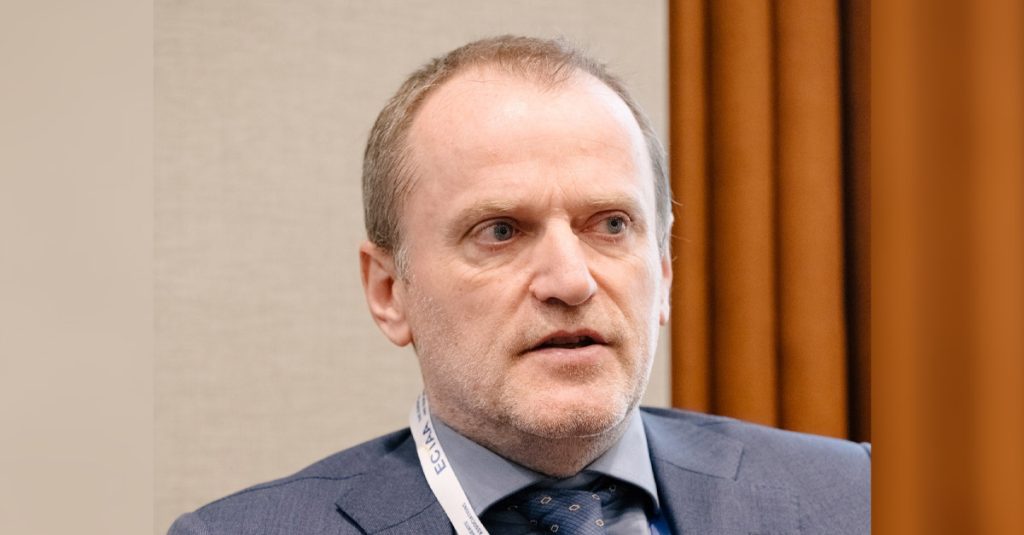The European Commission (EC) is being urged to enhance consumer financial protection, specifically within the airline sector. This call to action is spearheaded by Mark De Vriendt, chair of the European association of travel guarantee funds (EGFATT), who highlights the vulnerability of air travellers in the event of airline failures.
With a financial protection mechanism akin to tour operators, airlines would ensure the safety and confidence of millions of passengers annually. De Vriendt emphasises the disparity in consumer protection and urges legislative change to level the playing field.
Call for Equal Protection Under the Law
Air travel impacts a vast number of consumers, yet insurers fall short in safeguarding them as compared to other travel businesses. De Vriendt points out that the current framework leaves many air travellers without sufficient protection, urging the EC to extend financial security measures to the airline industry.
He stresses, “Forget the travel industry for once and focus on the airlines. If you want to protect travellers, protect all of them.” By aligning airline protections with those offered to tour operators, consumer confidence would increase significantly.
Financial Control in the Travel Sector
De Vriendt references the low bankruptcy rates amongst travel companies, highlighting rigorous financial controls as the root cause. He questions why the same protective mechanisms are not extended to airlines, given the financial commitments consumers make when booking flights.
Tour operators face accountability for various aspects of a holiday package, from flights to accommodation. The absence of similar responsibilities for airlines brings about an imbalance that De Vriendt argues should be addressed. Travellers, he suggests, should not be discriminated against based on the mode of transport they choose.
The Role of Guarantee Funds
The guarantee funds operate similarly to the UK’s Air Travel Trust Fund, providing financial safety nets by refunding or repatriating consumers impacted by travel operator failures.
Such structures ensure that consumers are not left out of pocket when travel plans are disrupted due to the provider’s insolvency. Extending such protection to airlines could mitigate the risks passengers face in case of carrier failures.
Legal and Commercial Considerations
Brussels-based lawyer Heleen Mulkers highlights the challenges that existing commercial contracts pose for tour operators. While consumer refunds are mandated by the Package Travel Directive within 14 days, Mulkers notes that operators face different terms with suppliers.
Iata and other large industry players often negotiate conditions that place the financial burden of such refunds on tour operators rather than sharing the responsibility, leading to significant financial pressure on smaller travel businesses.
Balancing Power Dynamics in the Travel Industry
Mulkers further argues that the imbalance of power between airlines and smaller businesses, accentuated by dominant players like Iata, makes it difficult for smaller operators to thrive.
Airlines, often with more leverage and resources, can dictate terms that smaller companies must comply with, thus undermining fair competition and sustainable business operations. Mulkers pushes for regulatory interventions to recalibrate these power dynamics in favour of a more equitable industry.
The Path Forward for the European Commission
For the EC, the path forward involves addressing these systemic imbalances by crafting regulations that provide equal protection to consumers across all modes of travel. De Vriendt urges the EC to act, ensuring that the right legislative frameworks are realised to protect all consumers fully.
Such reforms would not only bridge existing gaps in protection but also foster a more resilient travel industry capable of weathering financial adversities without shifting the burden onto consumers. Airlines would be compelled to uphold financial responsibilities similar to those in place for other sectors.
A United Call for Change
Stakeholders from various segments of the travel industry echo the call for enhanced protection and balanced responsibility. By aligning financial protection measures across the board, the EC can ensure a level playing field that benefits both consumers and service providers.
The call for the EC to extend financial protection to airlines is a significant step towards ensuring consumer confidence in the travel industry. With equal protection laws, stakeholders can foster a more balanced and resilient industry.

